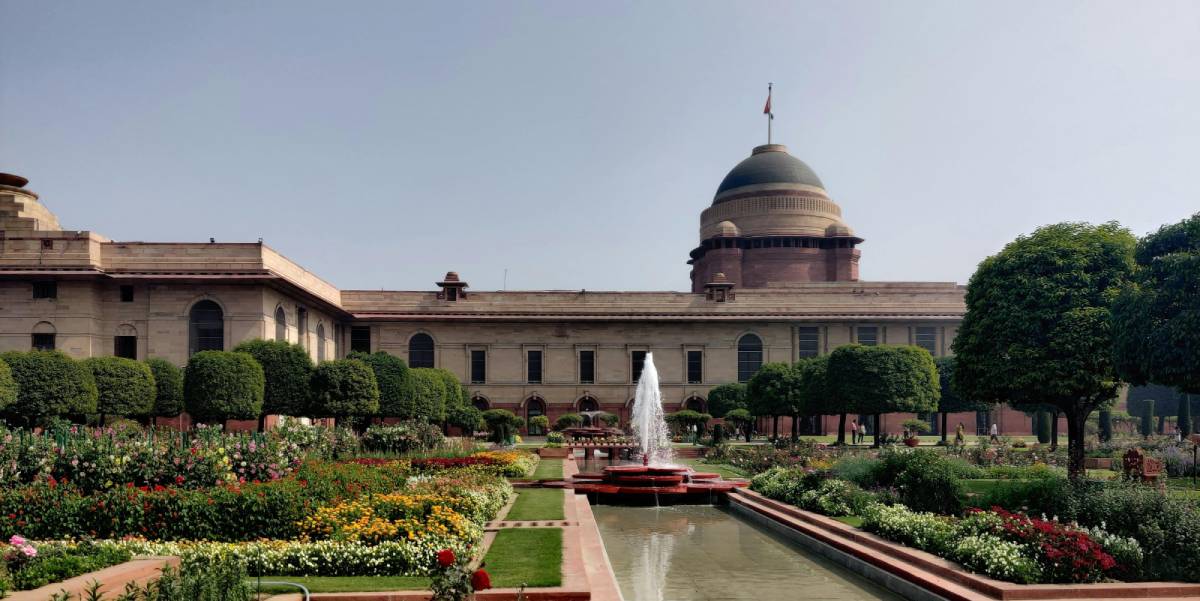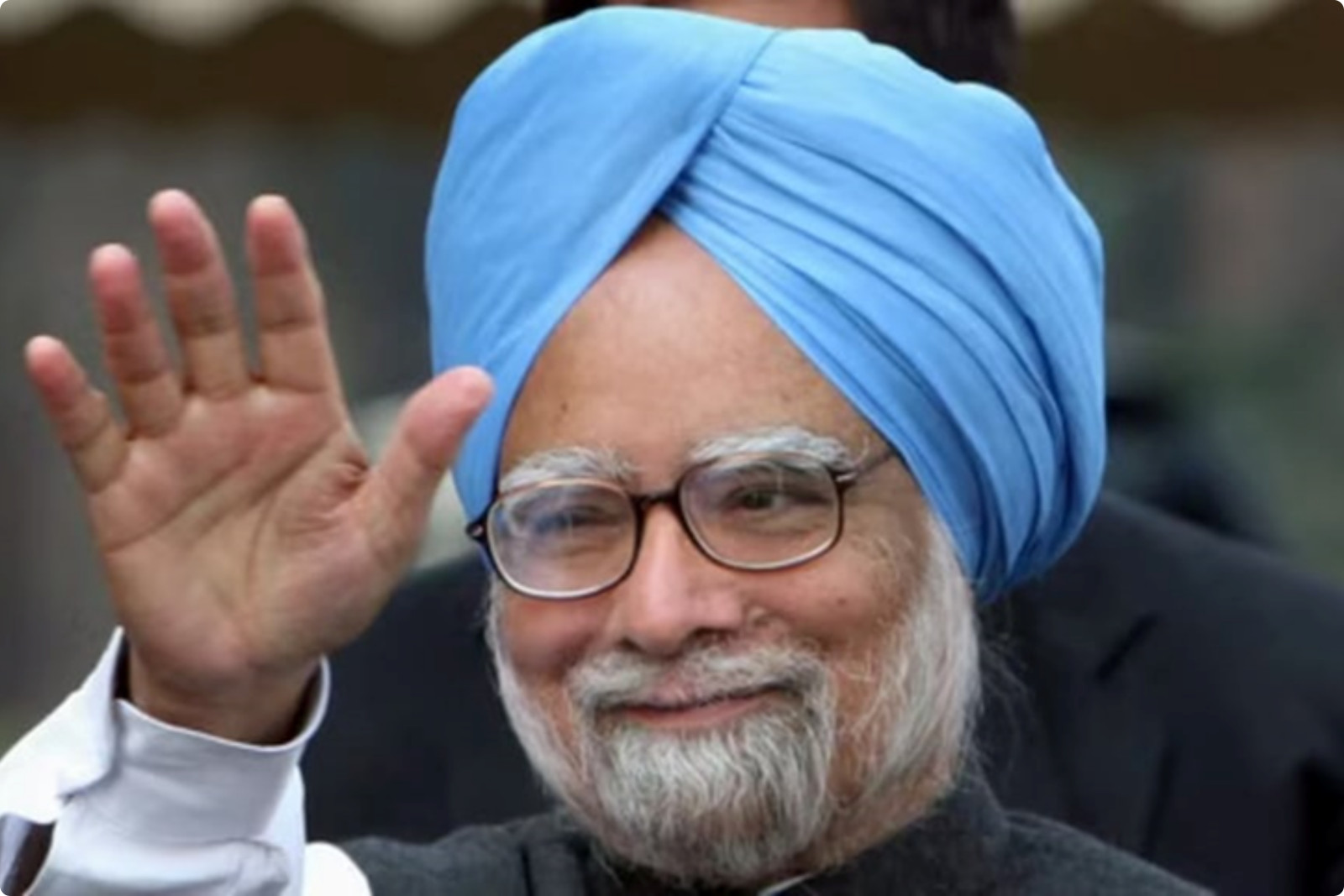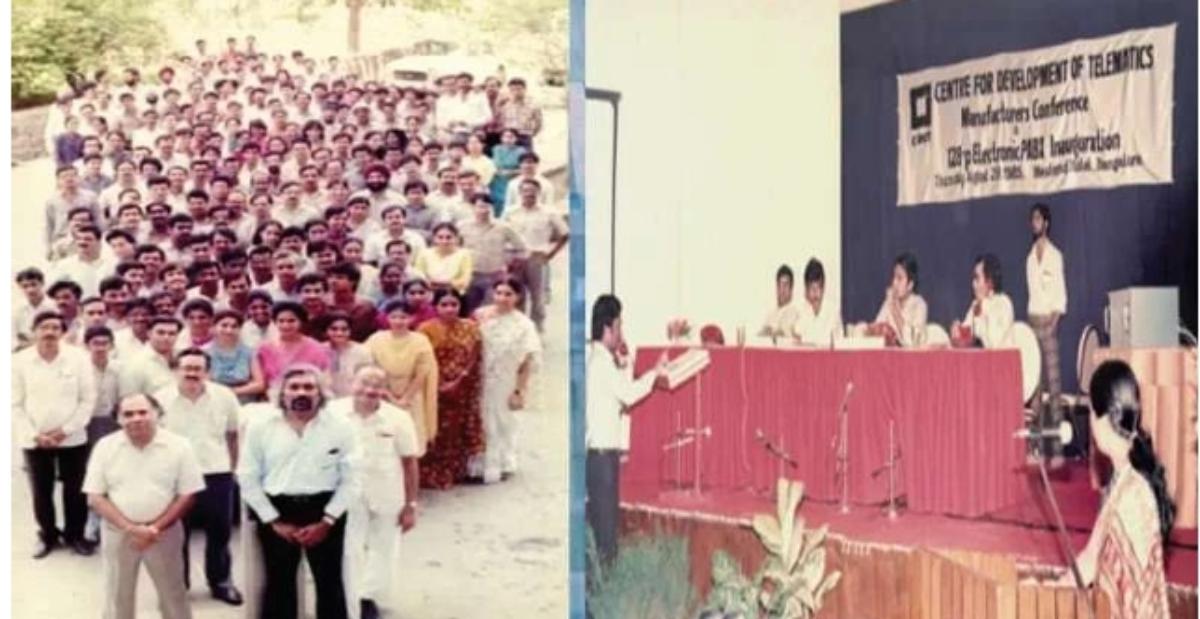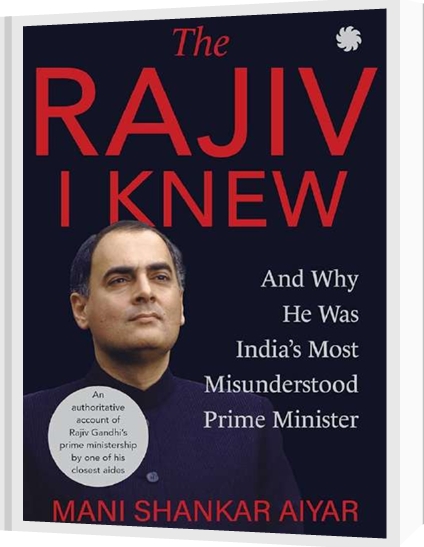On 15 August 2020, Prime Minister Narendra Modi announced a National Digital Health Mission (NDHM). NHDM seeks to, among other things, put healthcare data of all citizens on a single database, along with a registry of healthcare providers and healthcare facilities. The stated vision of the NDHM is, “To create a national digital health ecosystem that supports universal health coverage in an efficient, accessible, inclusive, affordable, timely and safe manner, that provides a wide-range of data, information and infrastructure services, duly leveraging open, interoperable, standards- based digital systems, and ensures the security, confidentiality and privacy of health-related personal information.”1
According to the Future Health Index (FHI) 2019 report, India has been leading in the adoption of digital health technology with 76% of healthcare professionals in the country already using digital health records (DHRs) in their practice. The NDHM is expected to bring all services and service providers under one national data exchange.
The key to NDHM is the proposed unique Health ID or as mentioned in the blueprint document released by Ministry of Health and Family Welfare (MoHFW) in 2019, a Personal Health Identifier or PHI. It is envisaged as the complete digital record of a patient’s medical history, practitioners consulted, tests done, etc. The Health ID will be applicable across states, hospitals, diagnostic laboratories and pharmacies. The digital storage and access system is expected to be in the form of a mobile app. The NDHM enrolment is reported to be voluntary, for patients as well as healthcare facilities, and is expected to be mandatory for availing benefit under any government scheme.2
Concerns
Data protection and privacy have emerged as the biggest concern for NDHM. The blueprint document states that authorisation by the concerned individual will precede access to health records. However, multiple nodal points for data creation and usage, brings greater vulnerability given the sensitive nature of the information involved. It is aggravated in absence of a dedicated Data Security and Privacy law for protection of an individual against data theft, misuse and tampering of any digital data created, stored, used and accessed in any government initiative. Other concerns like digital literacy, access of healthcare as well as technology, and awareness of implications of using or sharing data also remain unaddressed.
International Experience
In 2005, the UK’s National Health Service (NHS) started deployment of an electronic health record systems with a goal to have all patients with a centralised electronic health record by 2010. While several hospitals acquired electronic patient records systems as part of this process, there was no national healthcare information exchange. The program was ultimately dismantled after a cost to the UK taxpayer was more than £12 billion, and is considered one of the most expensive healthcare IT failures.3
Learn More:
Redesigning India’s Healthcare Infrastructure and Policy Post COVID – Webinar held on 30th May 2020 – Speakers: Yamini Aiyar of CPR, SY Quraishi, former Union Health Secretary, Mr Alok Kumar, Advisor Health and Nutrition, Niti Ayog, Mr Vijay Mahajan, Director, RGICS and Dr Amirullah Khan, Sr Visiting Fellow, RGICS
Digital Health – Myth or Reality – Webinar held on 30th July 2020 – Speakers: Arun Venkatesan, CEO, Villgro USA (IIEF), Kiran Anandampillai, Advisor (IT) to National Health Authority, Kalyan Sivasailam, Co-Founder, 5C Network, Stan Kachnowski, Chair, Healthcare Innovation Technology (HITLAB – New York), Madhubala Radhakrishnan, Founder & President, mCura, Biten Kishore Kathrani, Head of R&D, Vision Care APAC at Johnson & Johnson, Singapore.
Footnotes:
1 National Digital Health Blueprint Report 2019
2 Firstpost – Narendra Modi launches National Digital Health Mission
3 Indian Express – Explained: What is the National Health ID, announced by PM Narendra Modi?








